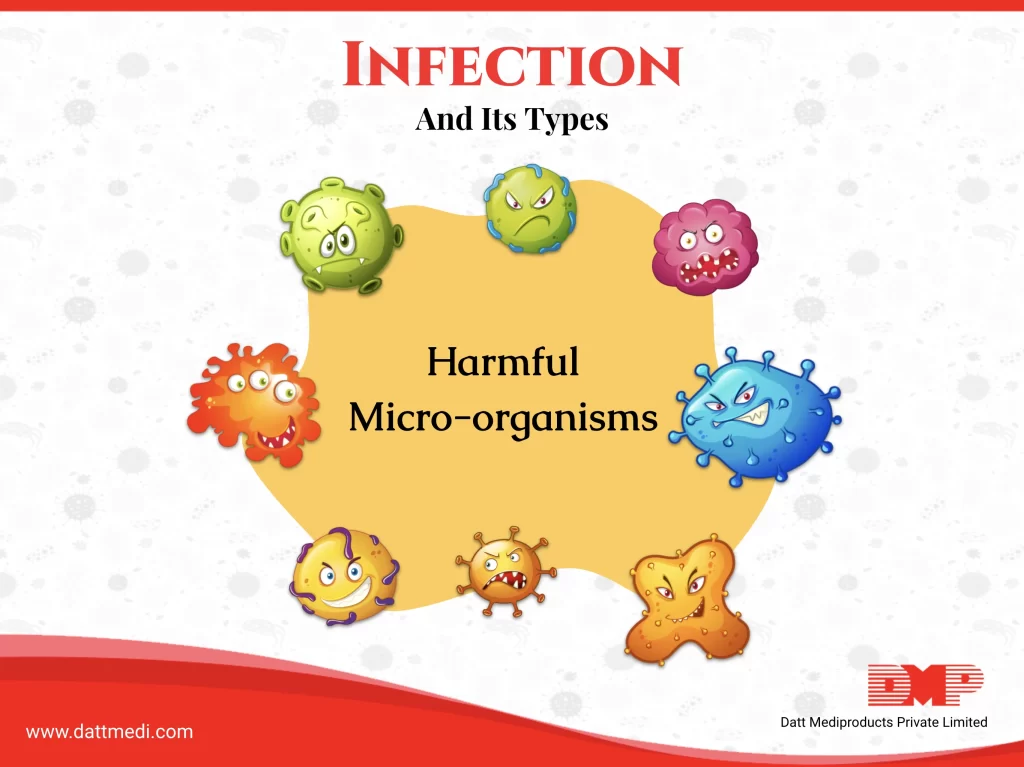
Do you take antibiotics for your common cold and sometimes experience that your antibiotic isn’t working? Do you always complete your antibiotics course? Have you been missing days in-between your antibiotics dose?
Do you always consult your doctor before taking any antibiotics? If you have had such experiences, then continue reading to find out more.
What are Antibiotics & how they help treat infections?
Antibiotics are the drugs that fight bacteria. They work either by killing the bacteria or by slowing down their growth. Antibiotics, therefore, are also known as, Antimicrobial or Antibacterial.
Antibiotics are used to treat infections caused by bacteria and certain parasites. Viral infections such as bronchitis, stuffy nose, flu, common cold, and sore throats should not be treated with antibiotics.
Increasing Consumption of Antibiotics “The Miracle Drugs”
Antibiotics are the wonders of modern science and are often considered “miracle drugs”. The burden of infectious diseases is comparatively high in developing countries like India. Antibiotics have a critical role in reducing morbidity and mortality.
As per a study published in the Proceedings of the National Academy of Sciences, which projected the total global antibiotics consumption through 2030 by tracking the data from 76 different countries, it has been shown that the antibiotic consumption in India has shot up by 103% from 2000 to 2015. The average consumption has also increased by 63% between the same years. The increase in antibiotic consumption may expose humans to possible side effects.
What is Antibiotic resistance?
Antibiotic resistance is the ability of a microorganism to withstand the effects of an antibiotic. It occurs naturally because of antibiotic misuse. It is one of the biggest threats to global health and development today.
One should always take antibiotics on a doctor’s consultation and must always complete the therapy course. Whenever we leave the course incomplete, a few bacteria including superbugs survive and are able to thrive. The antibiotic is not able to work in such cases and thereby you develop ANTIBIOTIC RESISTANCE.
Antibiotic Misuse leading to Resistance & Emergence of Superbugs
It is not necessary to take antibiotics for all mild infections like a cold, cough, flu, etc. Taking the antibiotics when we don’t need them and leaving the course incomplete may put us at more risk. It thereby becomes essential to take the antibiotics’ dose as recommended by the doctor or as instructed in the patient information leaflet.
Healthcare organizations worldwide have been working to minimize the use of antibiotics especially in cases where they are not required. Antibiotic misuse has led to the emanation of SUPERBUGS. Superbugs are strains of bacteria that have developed resistance to different antibiotics.
Following are few of the Superbugs: 1. Methicillin-resistant Staphylococcus aureus (MRSA) 2. Clostridium difficile 3. Multidrug-resistant- Tuberculosis bacteria 4. New Delhi metallo-beta-lactamase bacteria (NDM-1) 5. Carbapenemase-producing Enterobacteriaceae (CPE)
The concern is that the existing antibiotics can’t effectively manage these new strains of bacteria. The infections caused by these superbugs are serious and difficult to treat as well. Such infections are increasing the mortality rate across the world.
No new antibiotic has been developed since the 1980s and the new antibiotic pipeline is nearly empty. A large number of people are developing resistances every year. On an average 21,000 people die in the US because of antibiotic resistance.
In India, the problem of Antibiotic Resistance is a major concern because of an increased infection rate, poor waste management, and indiscriminate antibiotics use. Antibiotics Resistance has become an ordeal for the healthcare industry because several procedures like Cancer Chemotherapy and Organ Transplantation are also at risk.
Don’t Borrow Antibiotics
We should never take antibiotics from anyone else to use. We should only take what is prescribed to us. Antibiotics may have drug interactions with other medications that you are taking or may not be suitable for you as it is possible to be allergic to certain antibiotics.
Some antibiotics may not be suitable to take in certain medical conditions like pregnancy or breastfeeding. It is thereby recommended to read the patient information leaflet before starting the antibiotics course and discussing with your physician.
Save your Antibiotics & Antibiotics will Save You
So next time you feel a bit under the weather, don’t take antibiotics as a first course of treatment. A cup of ginger tea could work better for you. Taking antibiotics when you don’t need them could make them stop working for you when you actually need them.
So, save antibiotics, yourself and your loved ones from untreatable bacterial infections. Always seek an expert’s advice before taking antibiotics.




